Keywords: Freedom Of Religion
There are more than 200 results, only the first 200 are displayed here.
-
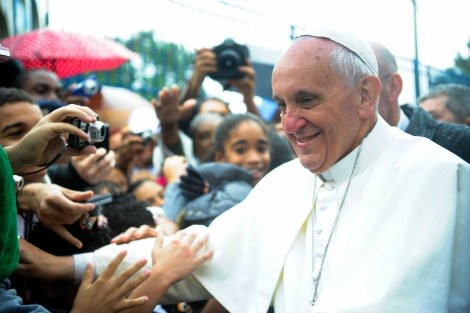
RELIGION
- Andrew Hamilton
- 08 September 2016
7 Comments
Popes are politically significant because they lead a large international church that is present in many nations. The teaching, interests and opinions of popes affect the way bishops and priests act, and so influence Catholic attitudes. More recently, popes have also become celebrities. Their influence on public opinion, in wider society and in the Church, is increasingly personal. As a result the way individual popes understand and express their faith will shape the possibilities for their political influence.
READ MORE 
-
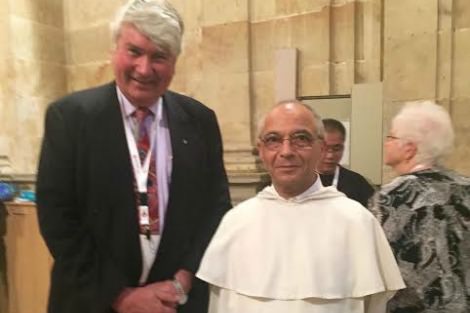
INTERNATIONAL
- Frank Brennan
- 05 September 2016
1 Comment
'I am a Jesuit amongst Dominicans contemplating the Church's view of human rights. I am a human rights practitioner rather than a theologian, aware that human rights discourse is increasingly more universal and secular. Contemplating, preaching and enacting human rights in the 21st Century Church and World, I come asking two questions.' Frank Brennan's keynote presentation in Salamanca Spain to the International Congress of Dominicans in the Promotion and Defence of Human Rights: Past, Present, Future on the occasion of their 800th anniversary.
READ MORE
-
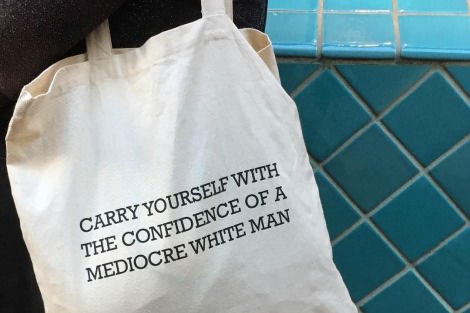
AUSTRALIA
- Fatima Measham
- 05 September 2016
5 Comments
Unless feminism abandons its individualistic, secular, western framing of freedom, it cannot presume to liberate all women. Some of its recent concerns give away limitations: whether this politician identifies as feminist, whether child-raising is self-sabotage, whether women abandon autonomy when they take their husband's name. I wonder sometimes whether it is ever possible to talk about sexual exploitation of women in Asia without getting entangled in sex positivity and legal sex work.
READ MORE 
-
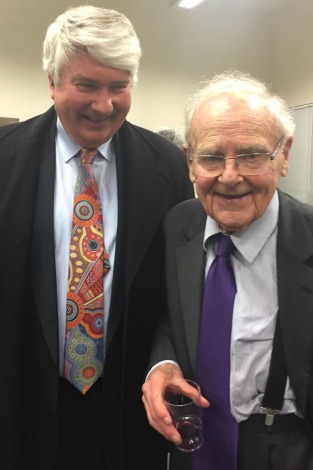
INTERNATIONAL
- Frank Brennan
- 26 July 2016
3 Comments
John traces the political ascent and descent of Sturzo whose first public office was as mayor of his own town. The chapter headings mark each step up and down the Everest of Italy's experiment with democracy and fascism: the emergence of political Catholicism in Italy; the dream takes shape; democracy without direction; democracy in decline; the search for a leader; the stick and the carrot; the voice of the watchman; and enter the night. Sturzo goes into exile; Mussolini takes over; and the Vatican is well pleased because the Roman Question is finally resolved in 1929 with the Lateran Treaties negotiated by Mussolini and Pope Pius XI, each of whom got what they were looking for.
READ MORE
-
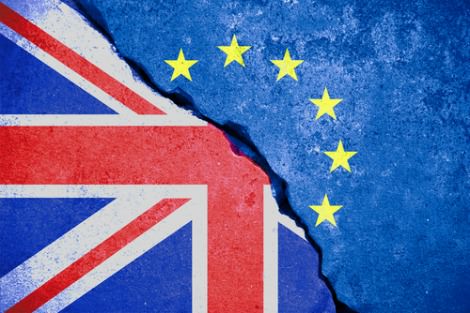
INTERNATIONAL
- Andrew Hamilton
- 23 June 2016
19 Comments
Some commentators in the Australian media have welcomed the prospect of Britain's leaving the EU. The founders of the union would recognise these commentators' hoped-for changes. They are precisely the conditions that contributed to the wars that they so feared: the xenophobia, disregard for human rights, chauvinism, military adventures entered by individual nations and competitive economic policies that alienated citizens and so bred authoritarian and ideologically inspired leaders.
READ MORE 
-

AUSTRALIA
- Frank Brennan
- 30 May 2016
5 Comments
'Being in the middle of an election campaign, I will not be making any partisan party political points. However being here in the bellwether seat of Eden-Monaro, I will conclude with a critique of both major political parties, and with one piece of political advice for citizens of goodwill seeking a national asylum policy more in harmony with the ideals set out by our bishops in their social justice statement.' Yass Catholic Parish Potluck Dinner, 28 May 2016
READ MORE
-

AUSTRALIA
- Somayra Ismailjee
- 20 May 2016
33 Comments
The irony of trying to negate these stereotypes is that in doing so, we are still cheapening asylum seekers to political tools, stripping them of their humanity and multiplicity. Aiming to counter such rhetoric as Dutton's with stories of high-achieving refugees plays into a toxic game that legitimises the same negative stereotypes by engaging with them. Just as invisibility dehumanises asylum seekers, so does the hypervisibility we attribute to a select few stories.
READ MORE 
-
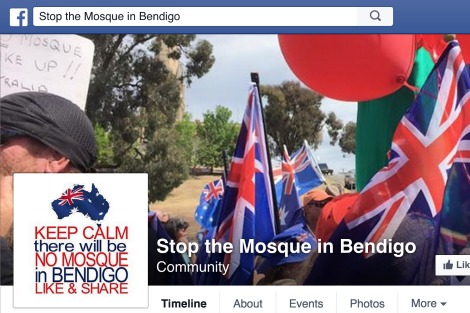
AUSTRALIA
- Fatima Measham
- 12 January 2016
6 Comments
A series of protests against a mosque in Bendigo and the launch of an Islamophobic party in Perth may be cause for concern, but only if political leaders fail to invalidate fringe views. Under Tony Abbott, the conflation of Islam and extremism became mainstream. Corrections regarding racial vilification and incitement are most properly determined in the court, so it is not Muslims or lefties who are oppressing these views but the laws that operate in the secular democracy they purport to defend.
READ MORE 
-
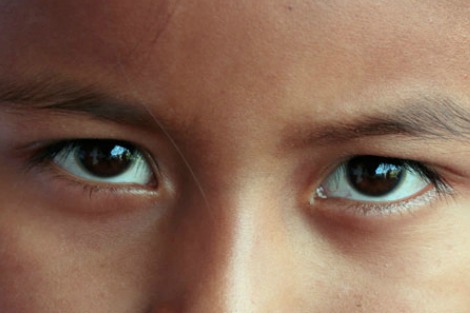
AUSTRALIA
- Andrew Hamilton
- 09 December 2015
11 Comments
Although they can be inconvenient, human rights matter. It is important for nations to recognise them and for citizens to defend them. The survivors of the Second World War who had seen the gross violations of human rights under both Nazi and Communist regimes clearly saw this. These states regarded human rights as a privilege that they could give and take away as they chose. History spells out in the alphabet of gas chambers and gulags what that attitude meant for their subjects.
READ MORE 
-

RELIGION
- Frank Brennan
- 30 November 2015
6 Comments
'No one doubts the pastoral sensitivity of Pope Francis. But the Church will continue to suffer for as long as it does not engage in open, ongoing discussion and education about the issue of women's leadership. The official position is no longer comprehensible to most people of good will, and not even those at the very top of the hierarchy have a willingness or capacity to explain it.' - Fr Frank Brennan SJ outlines five challenges and opportunities for the Catholic Church in the 21st century.
READ MORE
-
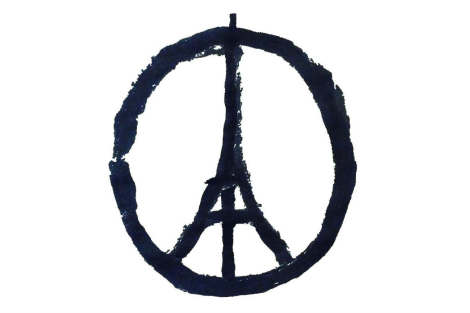
INTERNATIONAL
- Justin Glyn
- 19 November 2015
12 Comments
It is possible to find 'texts of terror' in Jewish, Christian and Muslim Scriptures. They need to be responsibly understood and explored with a close understanding of their context. We did not demand all Catholics stand up and denounce every IRA attack, nor that all Christians apologise for Anders Breivik. Similarly, why should we expect all members of a religion with over a billion adherents with multiple ancient variants to actively disown every horror claimed to have been committed in its name?
READ MORE 
-

AUSTRALIA
- Fatima Measham
- 26 October 2015
22 Comments
A series of protests against a mosque in Bendigo and the launch of an Islamophobic party in Perth may be cause for concern, but only if political leaders fail to invalidate fringe views. Under Tony Abbott, the conflation of Islam and extremism became mainstream. Corrections regarding racial vilification and incitement are most properly determined in the court, so it is not Muslims or lefties who are oppressing these views but the laws that operate in the secular democracy they purport to defend.
READ MORE 